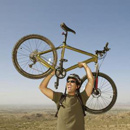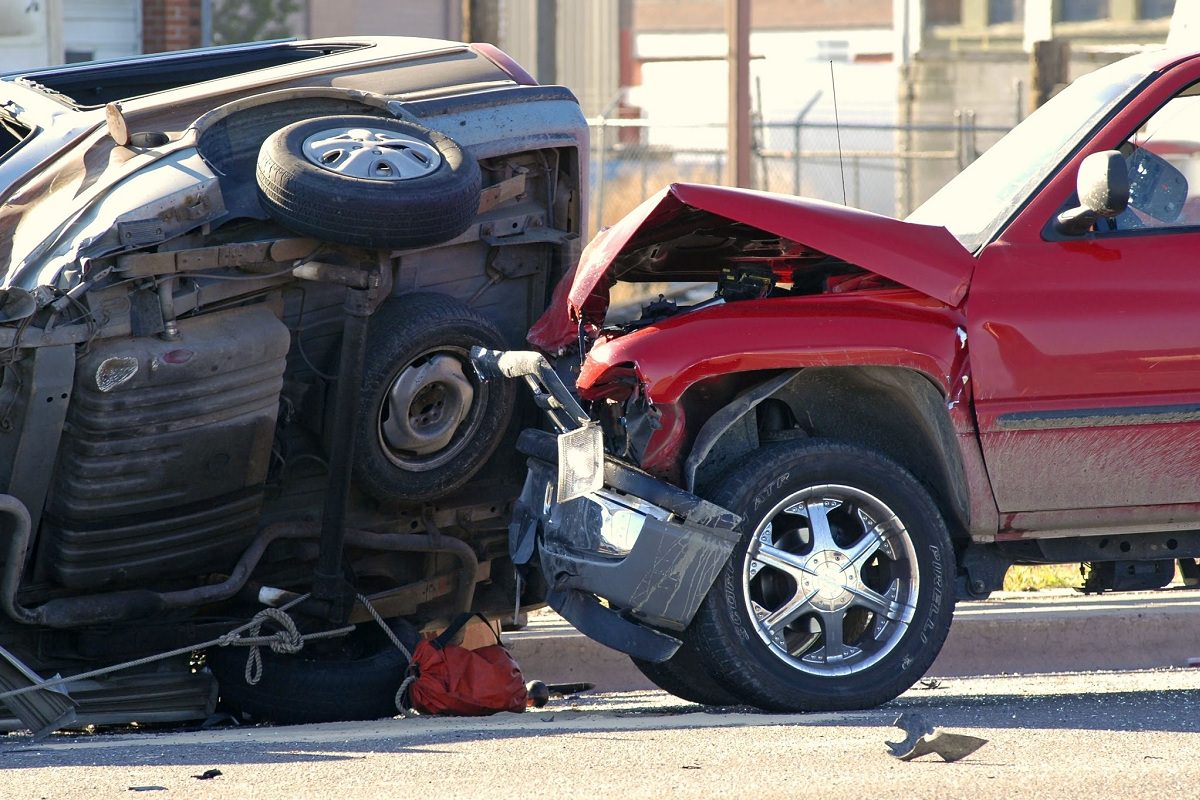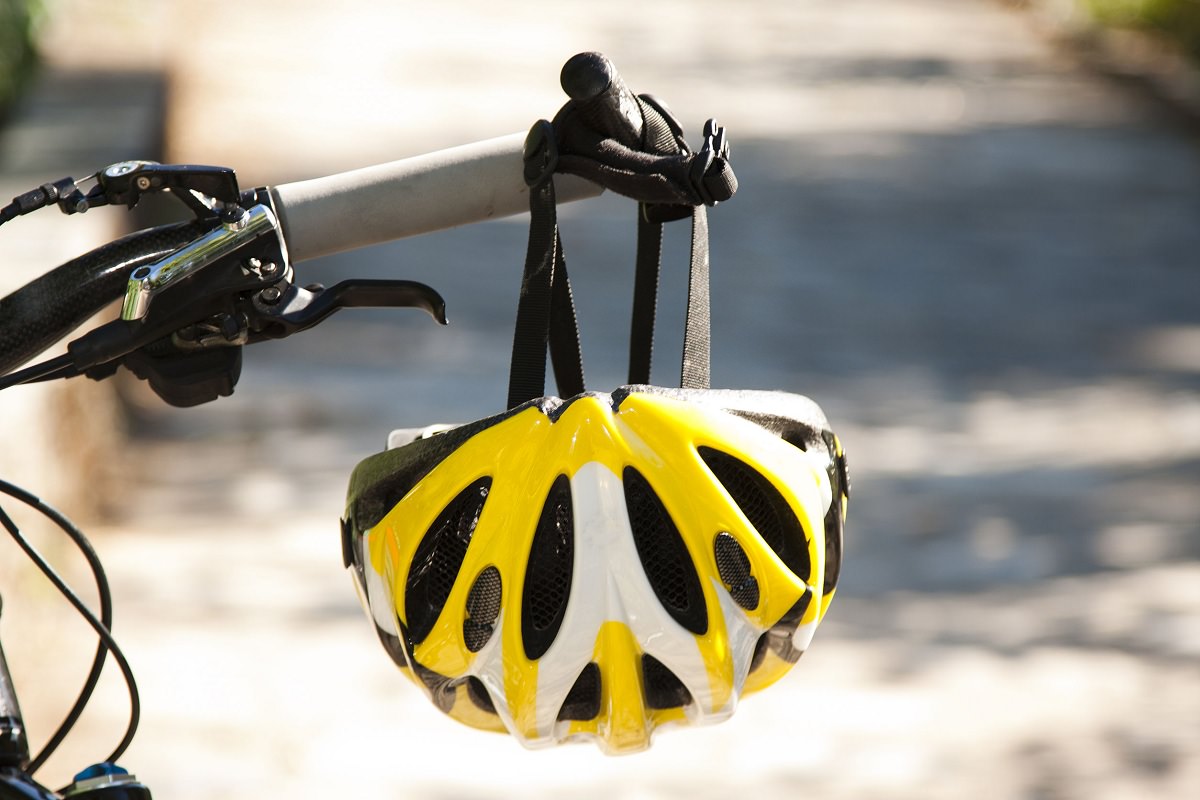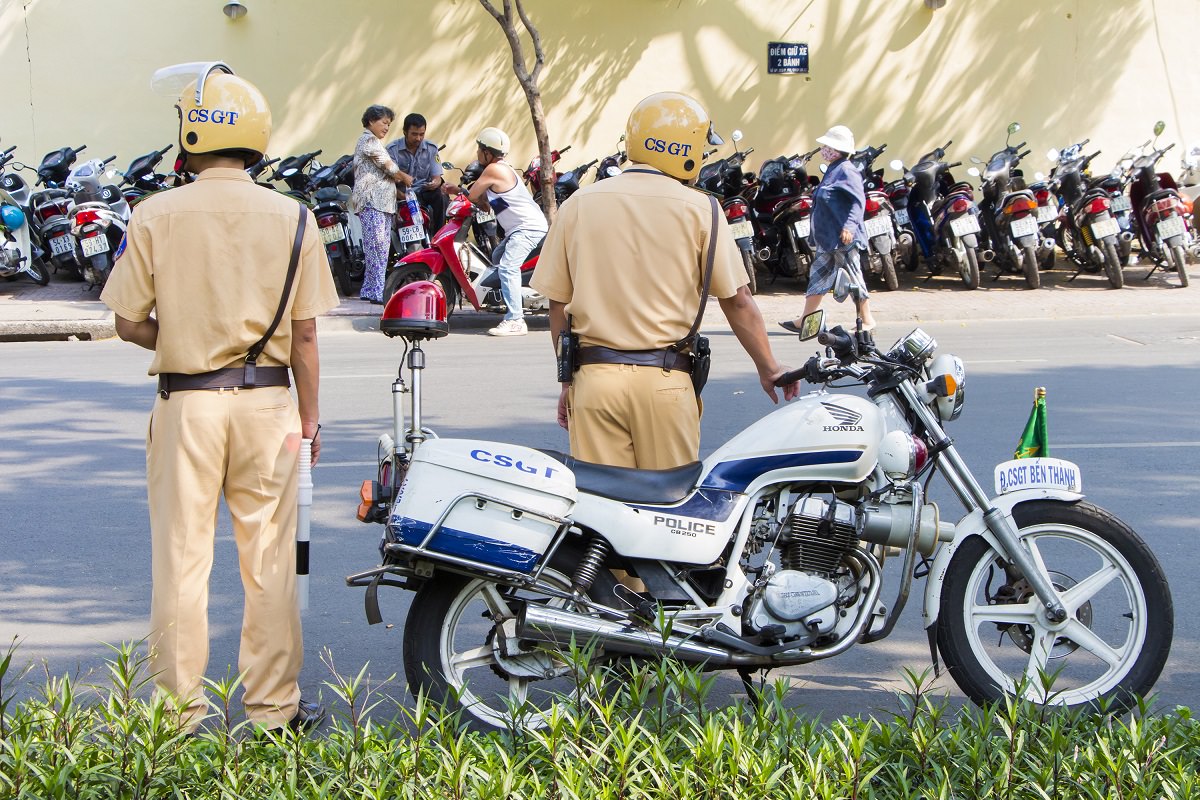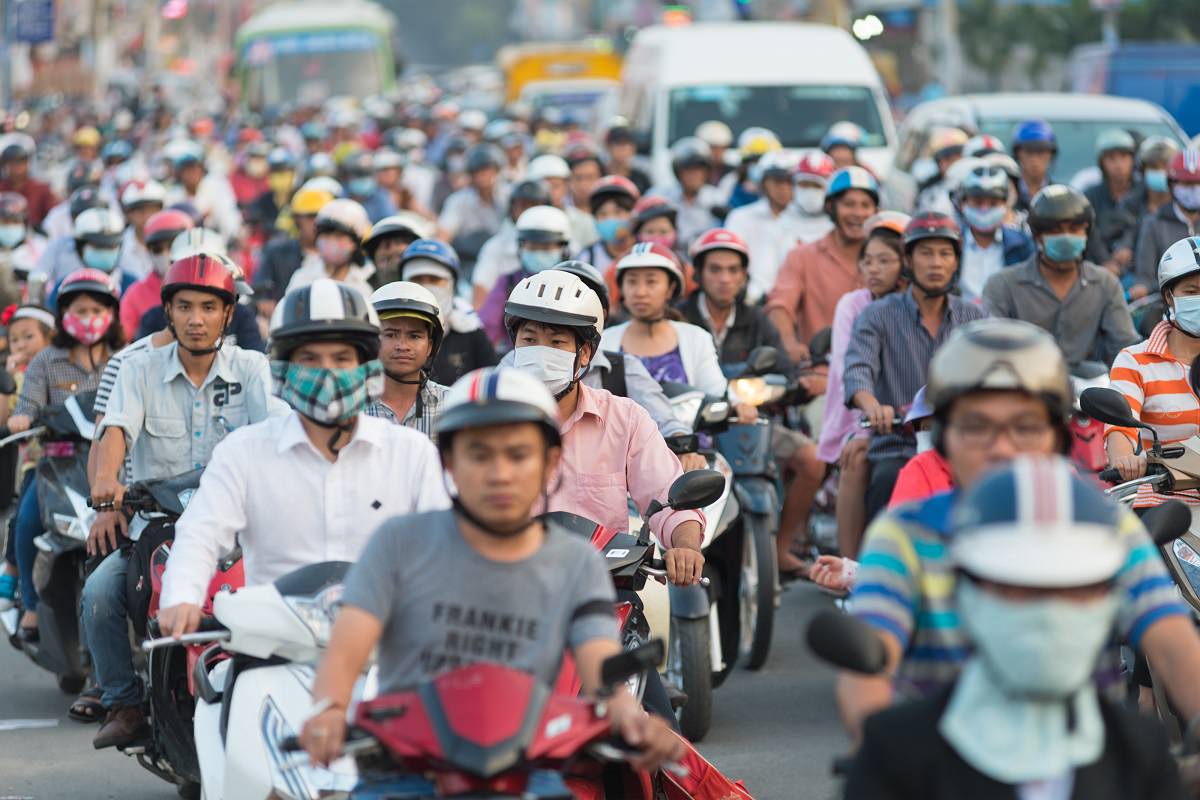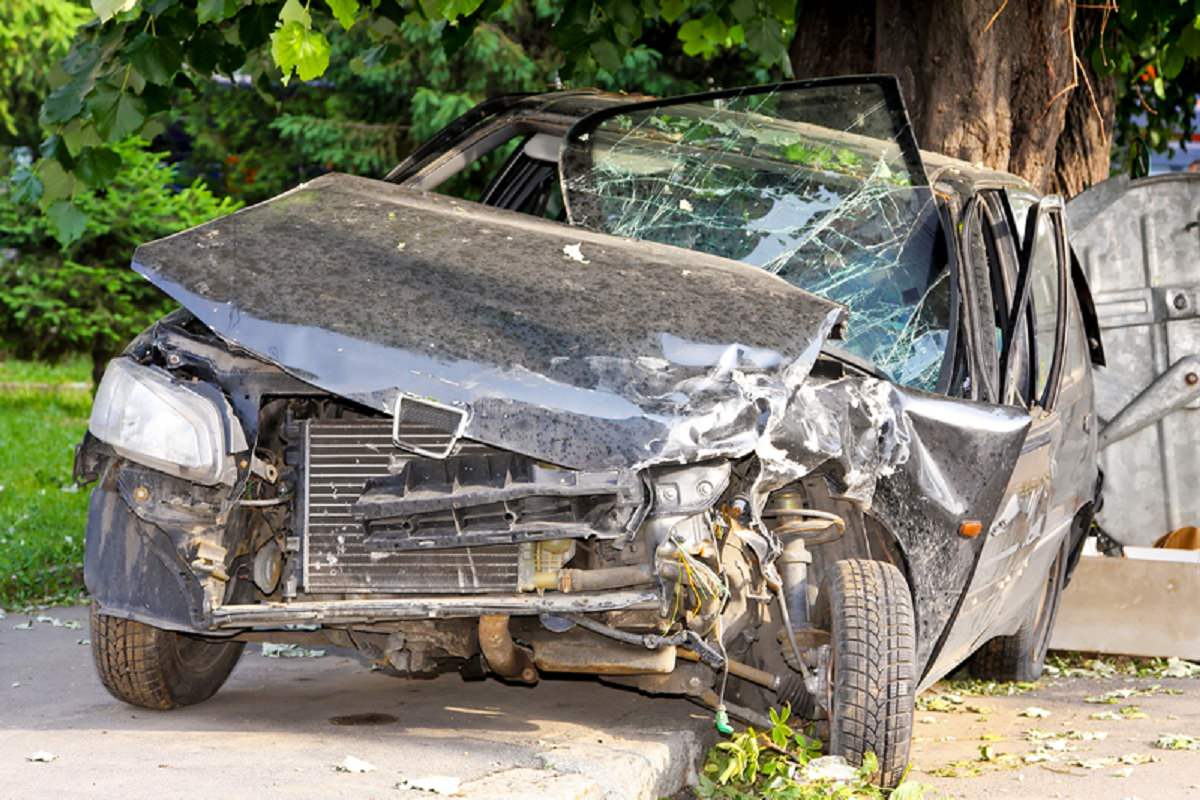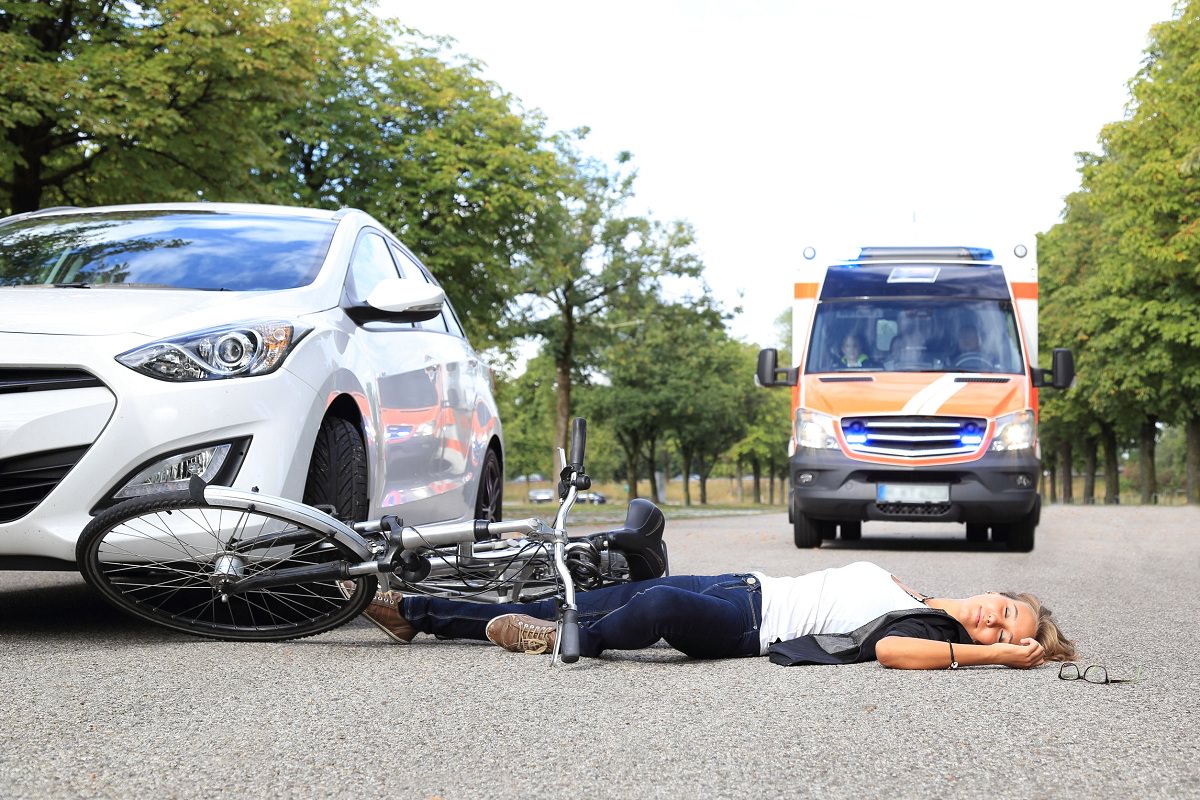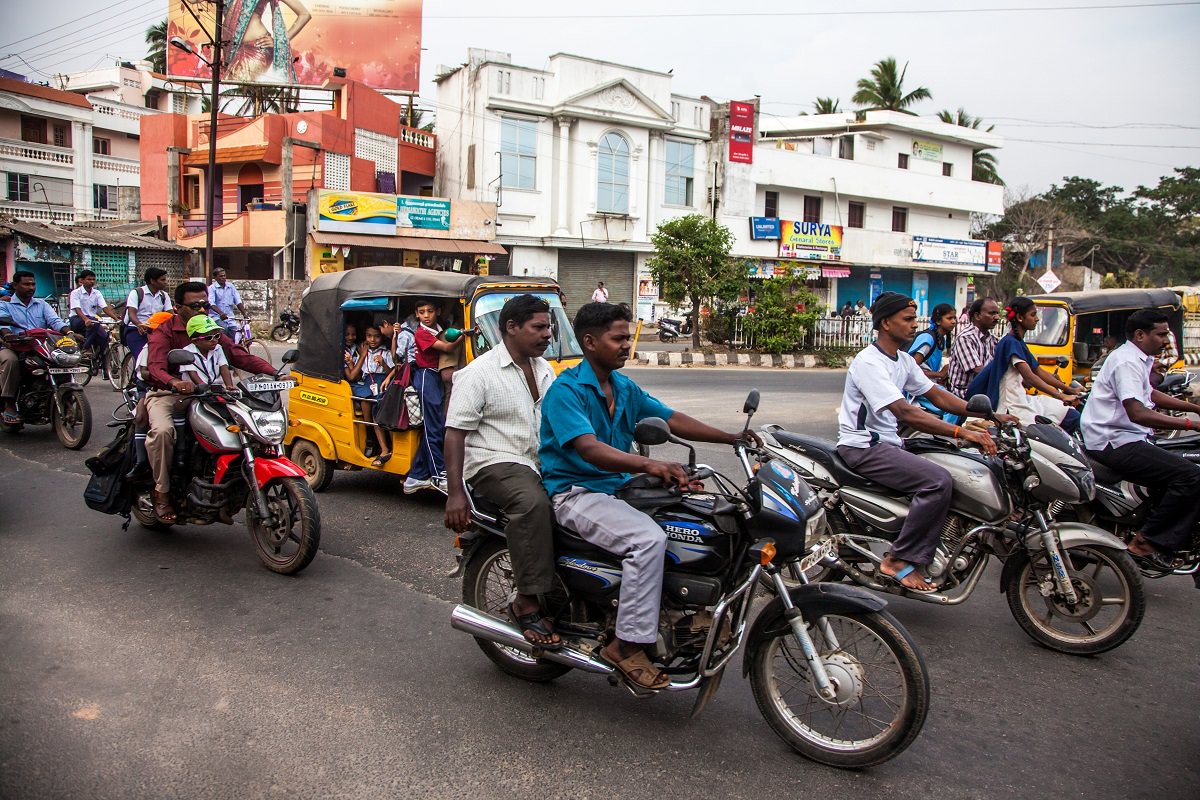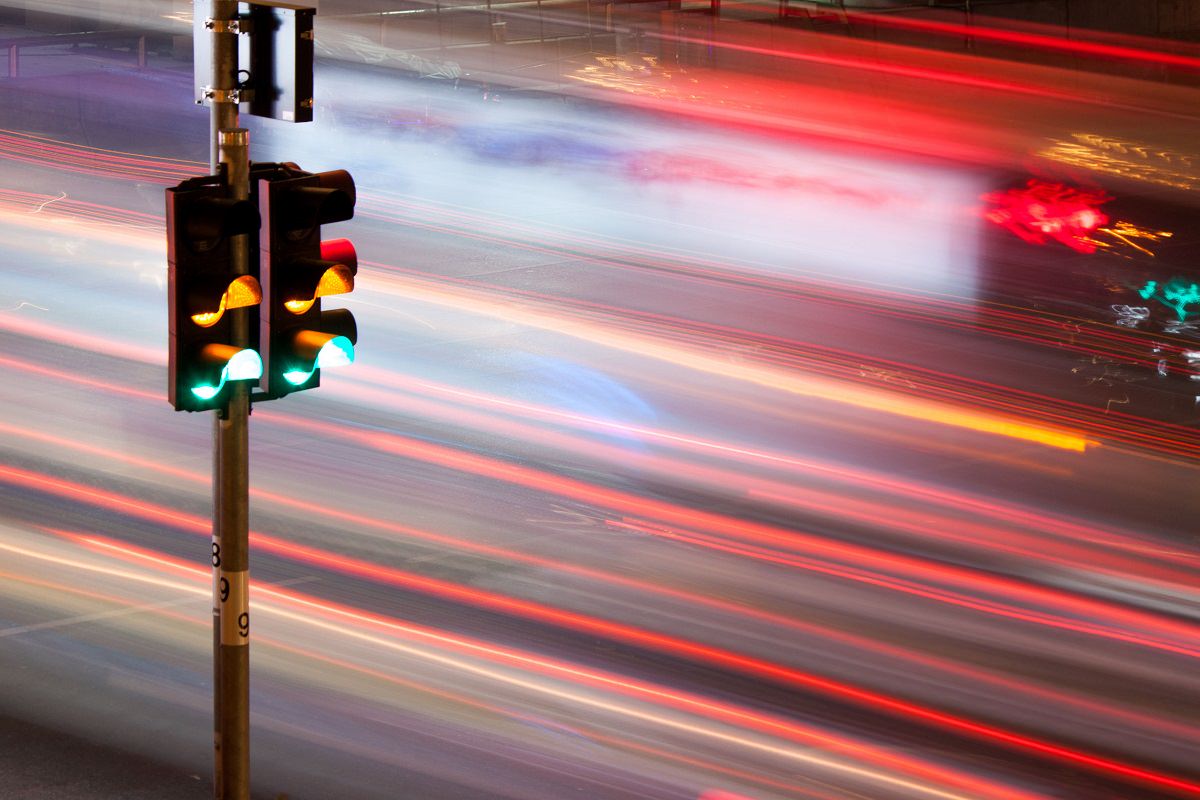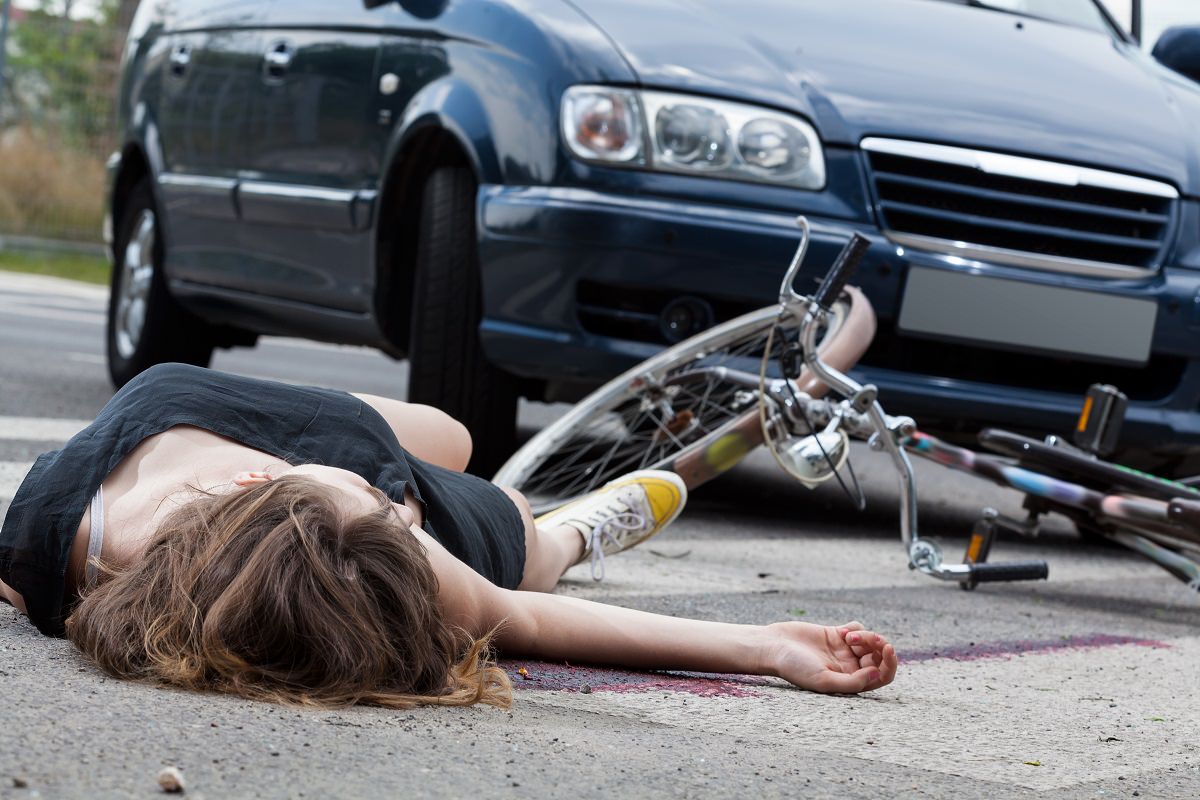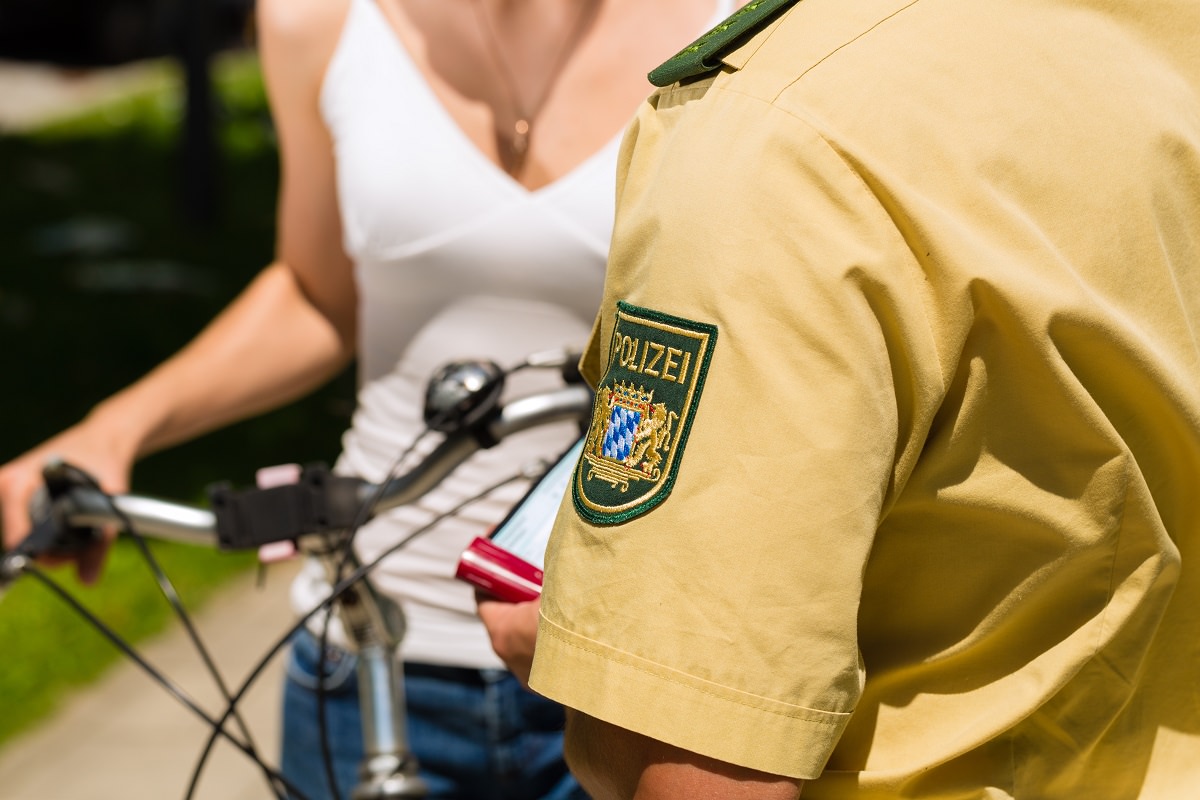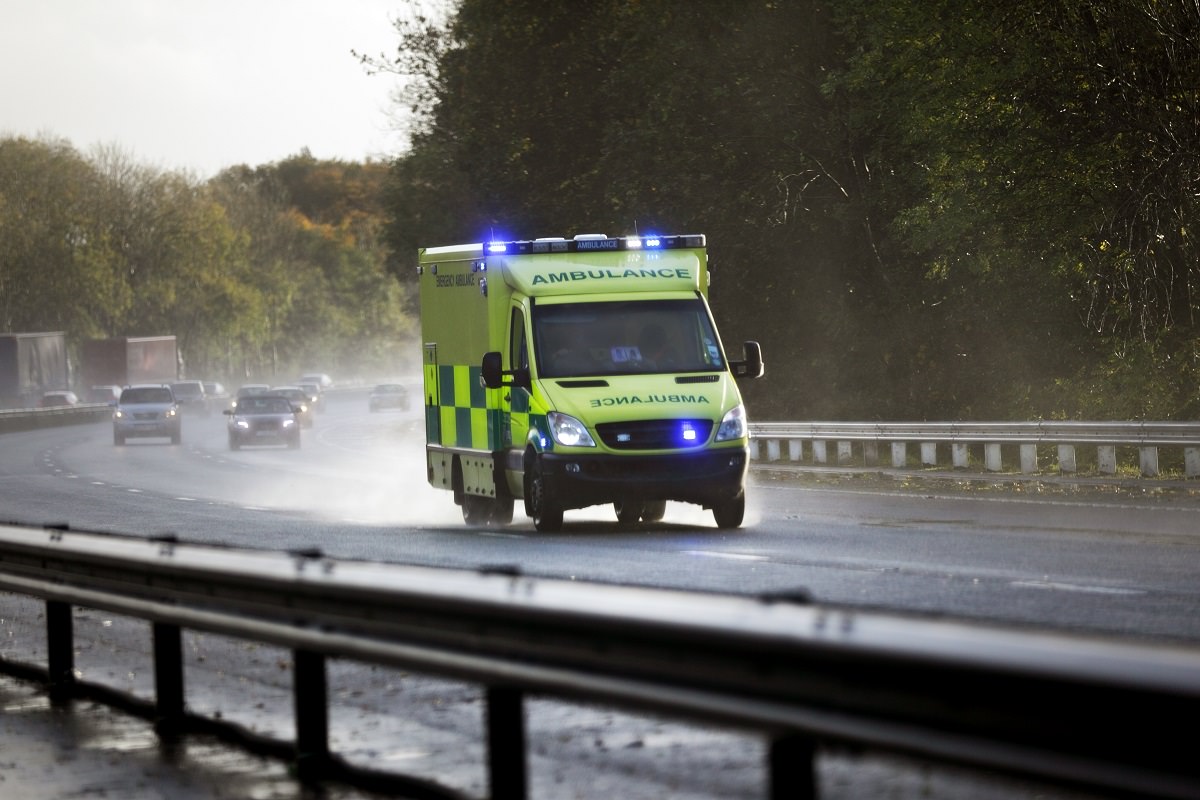There are a ton of bad drivers out there. Some of them don’t even intend to be bad, but they are excellent at doing it anyway. These people can be from all walks of life. It doesn’t matter what color you are or what language you speak, you are always going to have to deal with bad driving.
A lot of the people who drive badly don’t even know that they are doing it. Ignorance is one of the major reasons why certain people drive like absolute idiots all day. In addition to this, there seems to be a common consensus that it is okay to bend the rules as long as they aren’t being broken.
10 Bad Driving Habits Around The World
There are a few countries among the rest that stand out as being some of the most dangerous in the world. You can be a tourist in a car, on a bicycle, or even walking. You could be a resident of the country in question. Whichever it is, these 10 examples of terrible driving tendencies around the world are going to make you wonder whether humanity is dead and make you gasp out loud in anger.
1 – No cycling helmets – UK, US, etc.
This is a major issue nearly everywhere in the world. Cyclists are among the most exposed people on the road. In addition to being open to attack from all sides, they aren’t given the same attention as pedestrians are by drivers.
In fact, most drivers consider them to be vehicles too. However, this is very wrong. A bicycle cannot hope to keep up with any other vehicle on the streets, in terms of acceleration and endurance. Cyclists are slower than drivers and are unable to announce their arrival into an intersection very well.
This means that a lot of cyclists are killed every year because they were hit by a vehicle turning out of an intersection or speeding through a stop light. Many of these fatalities could be avoided simply by wearing a bike helmet.
However a lot of cyclists choose not to wear one because of the extra hassle it takes, and because some people find that it looks “embarrassing”. This is not how anyone should be thinking at all. Even worse is the fact that most governments don’t make cycle helmets mandatory, unlike motorbikes.
With the introduction of a rule that cycling helmets have to be worn at all times, the governments of the UK and US among other countries could avoid all those extra fatalities due to bike-related accidents that happen every day.
2 – Bribing Traffic Police – Sri Lanka, Thailand etc.
Have you ever been pulled over? Of course, you have. Everyone has been pulled over by a police officer at some point in their lives. Even if there is nothing wrong with your driving, officers have the right to do random checks on vehicles and their drivers to make sure everything is in order.
In countries like Sri Lanka and Thailand for example, many drivers are being pulled over because of a clear lack of attention to the roads. There are so many road rules being broken every second that you begin to wonder why they even bother having rules in the first place.
The usual procedure when getting pulled over for a traffic violation is to have a ticket written out by the officer for a fine. This is then paid for in court. It is a simple process and doesn’t have to get out of hand. It is as easy as paying a cashier at a store for a stick of gum.
However, drivers in these countries tend to be too lazy to make the trip to courts. Instead, they elect to bribe the police officer who has pulled them over. The worst part is that most of the officers accept the bribe, allowing the offending driver to leave the scene just a little poorer than before.
3 – No exams for a license – Nigeria
All over the world, you are going to take exams to get yourself a driving license. Getting a license is a pretty big deal in the modern world. There are a lot of exams to go to, and a lot of research to do. You have to know the rules of the road on the spot so that you don’t make any mistakes while driving.
Exams are pretty standard everywhere. There is usually a written exam, followed by a harder practical exam, done on the road or a closed course. You will have to prove your skills in reverse, parking, shifting, and so on. Passing is an occasion for a party because you are finally able to drive.
This is not how it was in Nigeria. Although recently the government passed a law stating that you had to know how to drive to get a license, getting one before this (5 years ago, at most) was as easy as buying one like you would buy your groceries.
Prior knowledge of how to drive, or knowledge about the rules of the road, wasn’t a requirement in this African nation. As you can imagine, this would have led to a lot of stalled vehicles, speeding cars, and people driving backward on the wrong side of the road, just for kicks.
4 – Substandard motorbike helmets – Vietnam
Motorbikes are probably just as dangerous as bicycles, if not more so. These bi-wheeled beasts of the road attempt to maneuver through traffic in the same way as their pedaled counterparts. However, the difference is that motorbikes are much faster.
In Vietnam, there are strict laws in place for making motorcyclists wear helmets. 95% of the vehicles in the country are small motorbikes, after all. Police slap down heavy fines on people who are caught without helmets on, or on motorbikes.
In addition to this, the country has a national quality standard for motorbike helmets. The problem is that there is no law requiring motorcyclists to wear helmets that meet the standard. This means that if a biker is pulled over with a helmet that doesn’t even come close to meeting the national standard, the police still can’t legally fine them or write them up.
5 – Lack Of Blood Alcohol Limit – The Philippines
The country has a very strict law regarding the consumption of alcohol and driving under the influence. Drunk driving is one of the biggest killers in the world, after texting. However, the government of the Philippines seems to have skipped over one important detail when setting down their laws.
They haven’t specified a blood alcohol level above which getting behind the wheel is legal. Most other countries have a minimum blood alcohol level, such as 0.08 in the USA. However, in this country, the decision is left up to the police officer at the scene. This means that there will be a far higher incidence of bribes, initiated by the police in most cases.
6 – Failure to punish people who kill cyclists – USA
This is a huge problem in the US and most of the developed world. Cyclists simply aren’t given much consideration, either by the police or the courts. This makes for them being one of the most discriminated against in courts, by the failure to slap down harsh consequences on those who hit and kill cyclists.
For example, a radiologist in Vermont was hit and killed by a woman under the influence of alcohol while on a short bike ride. The woman was arrested and charged with a first offense DUI (which is what teenagers with a couple of beers in them are given when pulled over). Her blood alcohol level was 0.123, far higher than the legal limit of 0.08.
Similarly, two cyclists hit by a detached trailer in the US also failed to receive justice for their injuries (and the death of one of the women). Although the fault was with the driver of the car pulling the trailer (bad hitching protocol), the NYPD put it down to “ongoing investigation”.
7 – Getting Beaten For Causing An Accident – India, Sri Lanka, And Developing Countries
This happens very often in these countries. Woe betide you if you caused an accident on the road, even if it was an accident. You may not have seen that guy because he was in your blind spot! This is not something that bystanders will usually try to understand though.
Instead, you will most definitely get beaten into a bloody pulp by the people around you. Even if the person who was hit is completely fine, the chances are that he is going to join in on the beating as well. This makes for a far too violent mindset, and added accidents whenever a collision occurs.
8 – No Signal Lights – Spain
This is a major problem in a country that already has busy streets. Instead of properly turning on a flashing signal when turning, it is quite common for the vehicle in front of you to suddenly veer off the road with no prior warning. This can lead to a lot of accidents if it is a highway exit or a busy street. Failure to be diligent in Spain means you will be saying farewell to those Spanish ladies!
9 – Drinking While Driving Legal – Costa Rica
Don’t believe your ears? Think again. It is legal to have an open container of beer in your car while driving in Costa Rica. What’s more, you’re allowed to drink it, as long as you don’t get drunk. Since the legal limit here is 0.75%, this shouldn’t be a problem. According to the law, anyway.
10 – Kill The People You Hit – China
This is one of the most bizarre, disgusting things you will read about. Just imagining it makes one lose faith in humanity. In China, people who hit cyclists and motorists on the streets make sure that they have killed them.
This means that if you hit someone who was crossing the street, you would make sure to back up over them a few times to make sure that they were dead. This is done to avoid paying support payments for disabled people and is widely ignored by the government.
This is a pretty sick thing to do, and if you are going to China, try to stay in an enclosed vehicle. If you can get your hands on an armored car, all the better for you.
Bending The Rules Is Never Okay
This is one of the stupidest things that anyone can do, yet it is how a lot of people think. No one thinks twice about going 10kmph above the speed limit. Of course, everyone slows back down the second they see a police officer or a traffic camera, but when the streets are clear of the law, drivers seem to forget the law as well.
Of course, taking risks while driving isn’t the only way that people tend to make dangerous decisions on the road. There are other little things that governments and local authorities do that make it seem like they are on the side of the people who drive like maniacs.
Police Are To Blame Just As Much As Civilians
Most of the laws concerning proper road etiquette are rarely enforced firmly enough to change the way drivers operate in different countries. Of course, the development level of the country matters too, but it is a basic rule that any country with roads and vehicles has some basic laws concerning their operation.
This failure to maintain the rules of the road has led to millions of road accidents and even more incurred costs for both the states and the individuals in the vehicles. In addition to this, it has led to a lot of citizens being made to feel irrelevant, because of the ridiculous way in which some laws treat the victims of road accidents.
Recap
While some of these driving tactics and habits may border on the bizarre, almost all of them could be remedied by proper interference from the governments of these countries. It is hoped that leaders realize just how terrible these laws and lack of enforcement are, and remedy this as soon as possible.
Should you have any questions or require further clarification on the topic, please feel free to connect with our expert author Luke Ameen by leaving a comment below. We value your engagement and are here to assist you.

